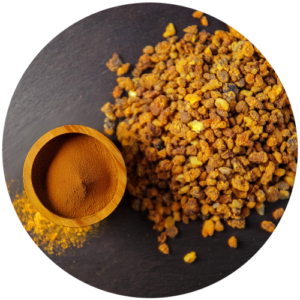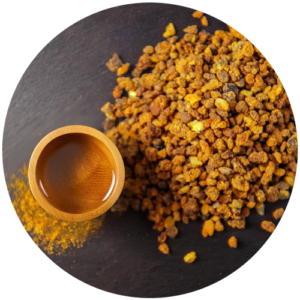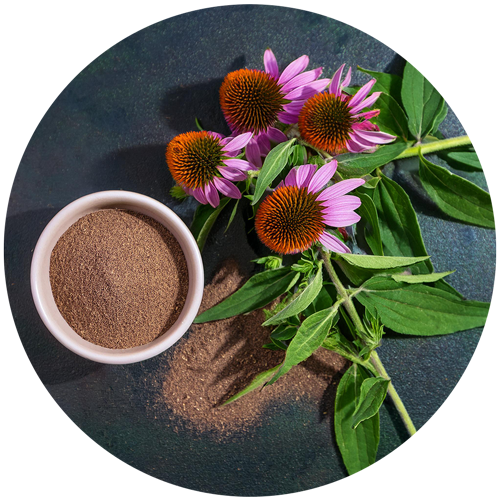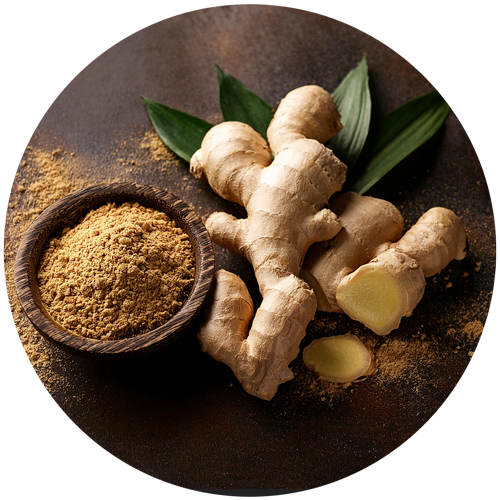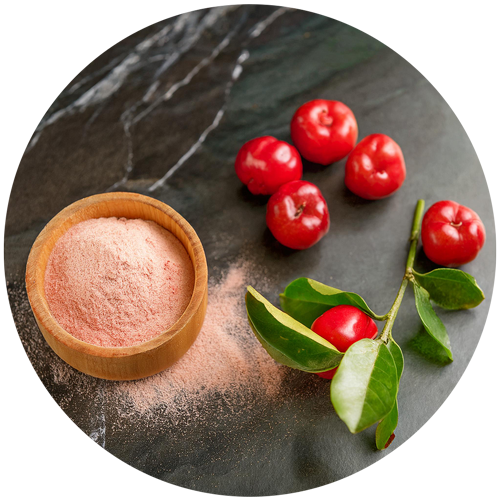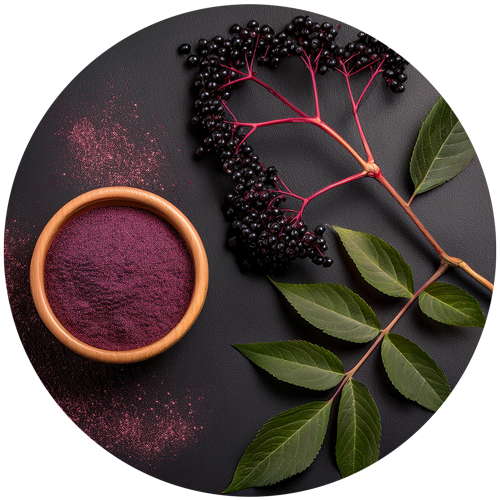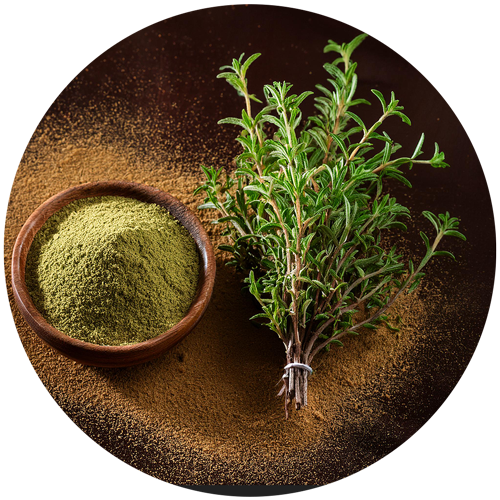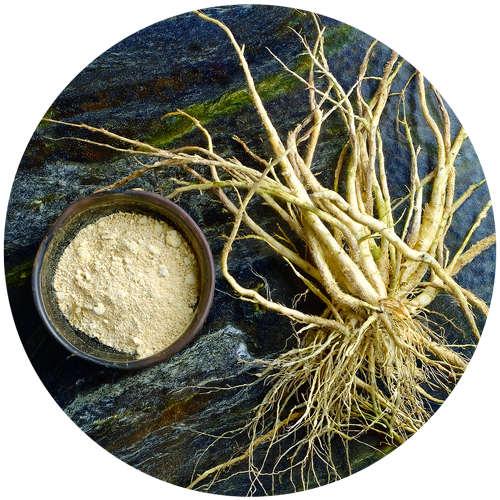Europe et/ou Chine
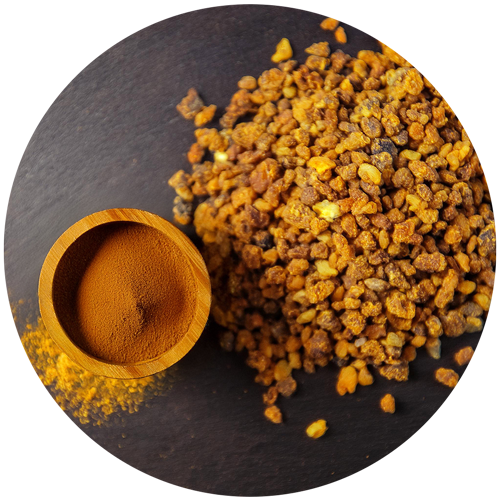

PROPOLIS
Propolis Système immunitaire
Système immunitaire  Voies aériennes supérieures
Voies aériennes supérieures La propolis est une substance résineuse produite par les abeilles à partir de matières premières issues de diverses parties des plantes. Ses constituants, biologiquement actifs, ont des propriétés antioxydantes et agissent principalement sur le système immunitaire et les voies respiratoires.
Nos références
Réglementations
et analyses
Identification : Pas d’identification
Aucune donnée sur l’usage traditionnel
Idées d’associations par axes santé
Sélectionnez un ou plusieurs axes :
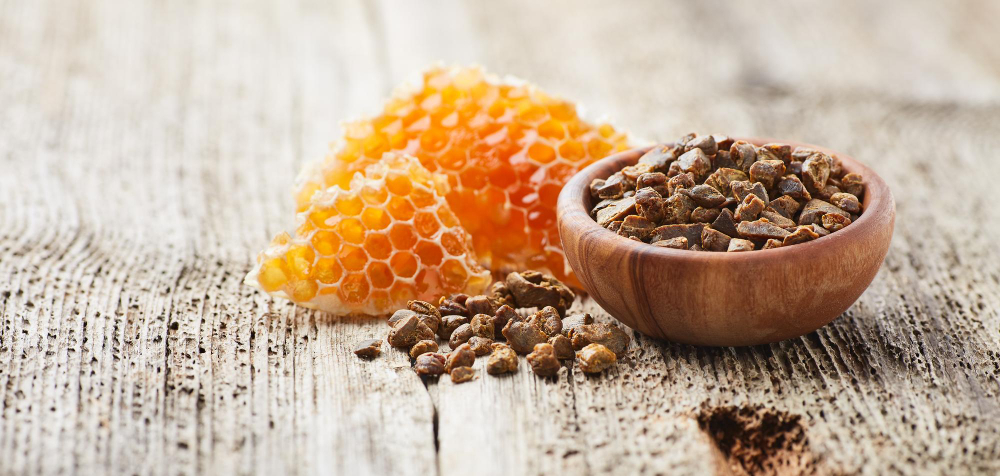
Description détaillée
La propolis est une substance résineuse produite par les abeilles à partir de matières premières issues de diverses parties des plantes : fleurs, exsudats, résines, gommes et mucilage. Les composés produits par les plantes se trouvent ainsi dans la propolis. La composition chimique de la propolis varie en fonction de la zone géographique de collecte, des ressources botaniques à disposition des abeilles, de la saison et enfin des espèces d’abeilles.
Les abeilles utilisent la propolis pour sceller les fissures de la ruche et pour la protéger contre les envahisseurs extérieurs (insectes, champignons, bactéries), ainsi que pour stabiliser la température et l’humidité.
Dans de nombreuses cultures, la propolis a longtemps été reconnue pour ses propriétés médicinales notamment comme conservateur et favorisant la cicatrisation.
En général, la propolis contient principalement des lipides (50%), de la cire d’abeille (30%), des huiles essentielles (10%), du pollen (5%) et des composants organiques (5%). Ces derniers comprennent des flavonoïdes, dont la quercétine et la chrysine, des polyphénols, des terpénoïdes, des coumarines, des acides aminés et des acides aromatiques. Ces constituants, biologiquement actifs, de la propolis ont un large éventail de propriétés comme antioxydant, agissant sur le système immunitaire, sur les voies respiratoires, sur la fonction cardiaque ou sur les troubles gastro-intestinaux.
Les visiteurs ont aussi consulté
Sources
Nadzirah Zullkiflee, et al, Molecules. 2022 Sep 19;27(18):6120. doi:10.3390/molecules27186120
